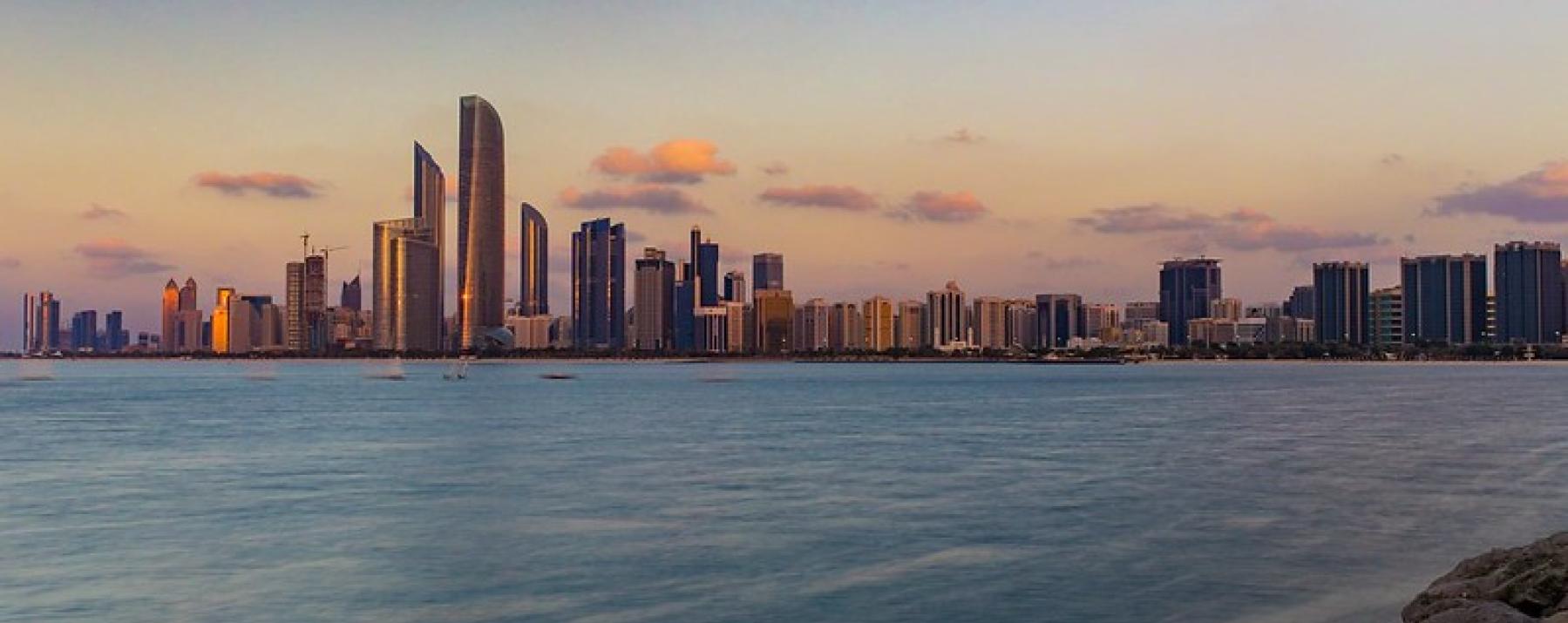The UAE State Security Apparatus: A Tool of Repression Against Dissenting Voices

Abu Dhabi skyline after the rain has cleared © Imran Shahabuddin, licensed under CC BY 2.0
Executive Summary
Human rights violations, including enforced disappearance, torture, and arbitrary detention, have been a long-standing practice in the United Arab Emirates (UAE), including as a way to silence and punish peaceful dissenting voices. This has had an intended chilling effect on civil society, human rights defenders, journalists and whistle-blowers. The country’s State Security Apparatus (SSA) is often responsible for such abuses, which date back to at least 2011, in the wake of the Arab Spring.
This report sheds light on the role of the SSA in perpetrating widespread patterns of human rights violations in the UAE. At the time of its creation in 1974, the Apparatus was under the authority of the Ministry of Interior and tasked with protecting state security. Over the years, however,it was placed under the directcontrol of the President of the UAE and its powers and responsibilities were expanded. Today, the SSA, headed by Khaled bin Mohammed bin Zayed al- Nahyan, has become the highest authority on security matters in the UAE,operating without any institutional, judicial, or financial oversight.
The SSA further benefits from the overly broad, imprecise and ambiguous definitions of terrorist and state security offences – crimes that fall under its jurisdiction –, enabling the Apparatus to retaliate against any form of peaceful dissent in the country. Individuals arrested by the SSA are charged by the State Security Prosecution before being brought to trial before the Abu Dhabi Federal Court of Appeal, and may only appeal their verdict before the State Security Chamber of the Federal Supreme Court. Judges of both courts are appointed by the executive, which severely compromises the separation of powers and severely limits the odds that defendants will be tried by an independent, objective and impartial authority, and that violations committed by the SSA will be investigated.
This report first examines the history and legal framework that enabled the overarching powers afforded to the SSA. It further delves into the role of the Emirati judiciary in supporting and enabling the SSA’s abuses. It then maps out the SSA’s systematic use of enforced disappearance, torture, and arbitrary detention against peaceful critics, human rights defenders and prisoners of conscience more generally. This pattern of violations is exemplified through cases documented by MENA Rights Group.
